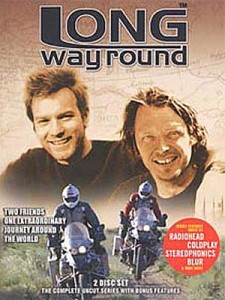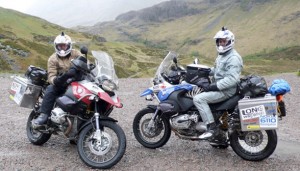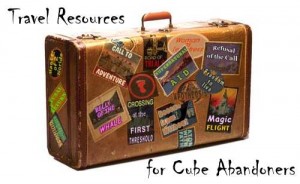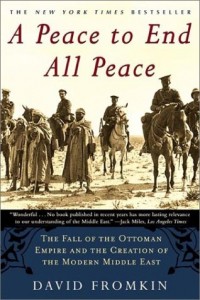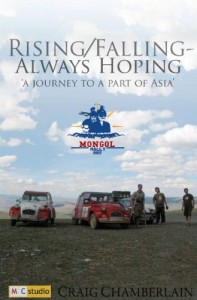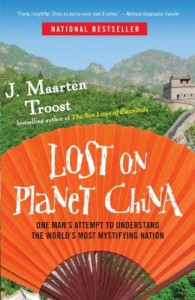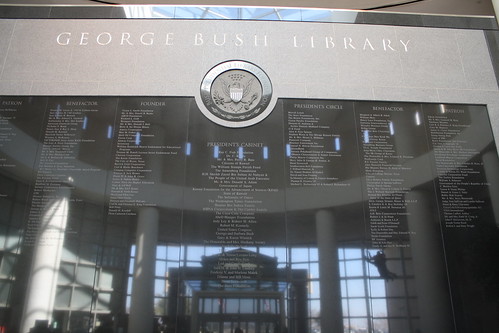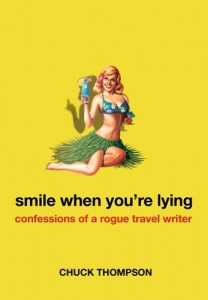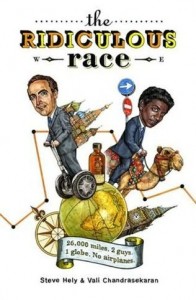
I-touch
Three months ago I borrowed an Apple i-Touch while traveling through Central Asia. I posted a review of the handy appliance on our blog along with a desperate plea for someone to sponsor me with an i-Touch of my own. That wish came true shortly thereafter, and I’ve learned a lot more about the electronic pocket pal as I travel. Here are some useful apps for a traveler as well as some top picks on travel games and other accessories.
Handy applications:
Unit Converter: Like my last review, I find the unit converter invaluable. From Celsius to Fahrenheit, from kilometers to miles and from every currency in the world to Euros and USD. Don’t travel without it.
Calculator: I use this whenever a language barrier prevents me from using words– which is often. I also use it when adding up ticket prices and other fees.
Days Until: I programed all the major holidays in the areas where we will be traveling. This way I can keep track of what big events will be going on and where along our route so we can plan to be there. We’re covering over 20 countries this year, so without this app we would miss a lot (not to mention birthdays back home and other events, like the not-so-universal ‘Thanksgiving’ holiday).
Weather: I have the weather in my i-Touch for every country we are passing through, all 20 of them. Its great to see that we just missed a huge storm in Tashkent while the weather back in Shanghai is humid and the weather in Greece ahead looks wonderful.
Clock: I have the time for each major country we will be passing through, so I”ll never be waiting at the train station too early or late, or changing my watch to the wrong time when crossing a border.
Flags Fun: Thanks to this fun little game, I feel confident I can recognize any flag in the world. It has already helped us find the Azerbaijan embassy, which was otherwise unmarked.
World Capitals: Like the flags game, these flashcards and quizzes helped me learn the capitals, countries and flags the world over. Its a bit more educational than fun, but for a traveler its imperative to learn.
Factbook: The factbook gives information on each country in the world, like an abbreviated Wikipedia. I read about the countries we are approaching before we arrive to learn basic info and to check on security threats.
Atlas: This helps me keep everything in perspective, and I use this when planning out onward route. I also have the Google Earth application, but it is only useful with wifi, which is limited when on the road.
Natural Cures & WebMD: Traveling means getting sick often, WebMD helps diagnose the problem while the Natural Cures app gives suggestions on how to fix the problem. Unfortunately, we’ve had to use these apps more than once on the trip already.
Yoga- Stretch: I’m a yoga fan, and the yoga- Stretch app is great for me because its a timed, instructed session that keeps me paced. I miss my yoga classes, so this is a nice traveling alternative, and weighs a lot less than the yoga cards I was carrying before I got the i-Touch.
iTranslate: For obvious reasons, we have this app installed in case of emergency. We also have paper phrase books, but when its imperative a word get across the iTranslate app works well.
Fun Games
CrackCode: This game is addictive, but I’m not sure why. You simply crack colored codes.
Labyrinth LE: A simple, old fashioned game where you get the ball through a maze by tilting the i-Touch. Addictive, but hard to play on a bumpy train!
Brick 3D: I have easily spent 10 hours on this app while on the road. You just bounce a ball around and smuch bricks, it’s awesome!
ICHC: Which any true fan will know stands for “I can has cheezeburger” one of the funniest image sites on the Internet. I spend twenty minutes a day laughing thanks to this app. Needs WiFi though, so it will be less useful once out of city limits.
Totally Awesome Facts: Fun to read while on the road. PS- did you know a frog has to blink whenever it swallows?
 I guess you could say I had reached a point in life where I just had a hunger for something new, for the open road, to actually see and experience things that had been in books and on computer screens for too long. As a musician in NYC, I had spent almost half a decade glued to the city and it’s industry – things had worked out well financially but I was unfulfilled and didn’t know which way to turn. Out of the blue I decided to go to a crystal healing session by Jodi Serota, it seemed like a fun new experience and I had heard good things. We sat in a circle as Jodi put her hands on the crystal skull and began channeling other-worldy sounds that I can only describe as making me feel like I could knock down a building with just my arm. The next morning I awoke with a clear vision of traveling around the world for a year – I spoke to my wife, Tiffany about it and she was instantly excited by the idea.
I guess you could say I had reached a point in life where I just had a hunger for something new, for the open road, to actually see and experience things that had been in books and on computer screens for too long. As a musician in NYC, I had spent almost half a decade glued to the city and it’s industry – things had worked out well financially but I was unfulfilled and didn’t know which way to turn. Out of the blue I decided to go to a crystal healing session by Jodi Serota, it seemed like a fun new experience and I had heard good things. We sat in a circle as Jodi put her hands on the crystal skull and began channeling other-worldy sounds that I can only describe as making me feel like I could knock down a building with just my arm. The next morning I awoke with a clear vision of traveling around the world for a year – I spoke to my wife, Tiffany about it and she was instantly excited by the idea. How do I fit a year around the world into a few paragraphs? Each leg of the journey was like a separate lifetime. Indonesia followed by Thailand, Cambodia, India, Nepal was one long mystical dream – we were intoxicated by the old cultures, the reverence for something bigger than themselves, the beauty and simplicity and still the complex histories.
How do I fit a year around the world into a few paragraphs? Each leg of the journey was like a separate lifetime. Indonesia followed by Thailand, Cambodia, India, Nepal was one long mystical dream – we were intoxicated by the old cultures, the reverence for something bigger than themselves, the beauty and simplicity and still the complex histories.



